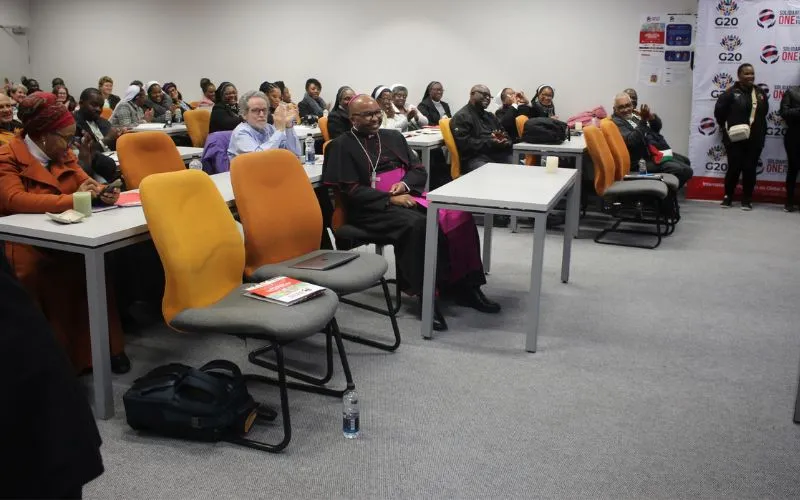Cape Town, 02 July, 2025 / 11:00 pm (ACI Africa).
Participants in the two-day International Symposium on Global Justice and Solidarity held at the University of Cape Town in South Africa have endorsed the “Cape Town Declaration” in which they outline priority commitments, including the need to realize human dignity with an end to hunger.
Described as “a policy-focused statement urging structural changes to the global financial and governance systems”, the Cape Town Declaration that representatives from the Justice and Peace Commission of the Southern African Catholic Bishops’ Conference (SACBC) co-signed with their counterparts from other faith communities, academia, civil society, governments, and multilateral institutions also “asserts that the current global framework is not adequately responding to the needs of the poor, the sustainability of the planet, or the dignity of the human person.”
According to the report that SACBC published on Tuesday, July 1, the Cape Town Declaration symposium delegates signed “highlights the growing impact of interconnected crises—particularly climate change, unsustainable debt, and limited access to development finance—and calls for coordinated international responses guided by justice and accountability.”
The participants identified liquidity, climate, and debt as the “Triple Fiscal Crisis” they considered a “central challenge” warning that the three “reinforce one another and limit countries’ ability to invest in resilience and protect vulnerable populations.”
The Cape Town Declaration, according to the July 1 report, goes on to state that “technical solutions alone are insufficient, and that a renewed sense of global moral responsibility is required.”





 Caption: SACBC
Caption: SACBC


